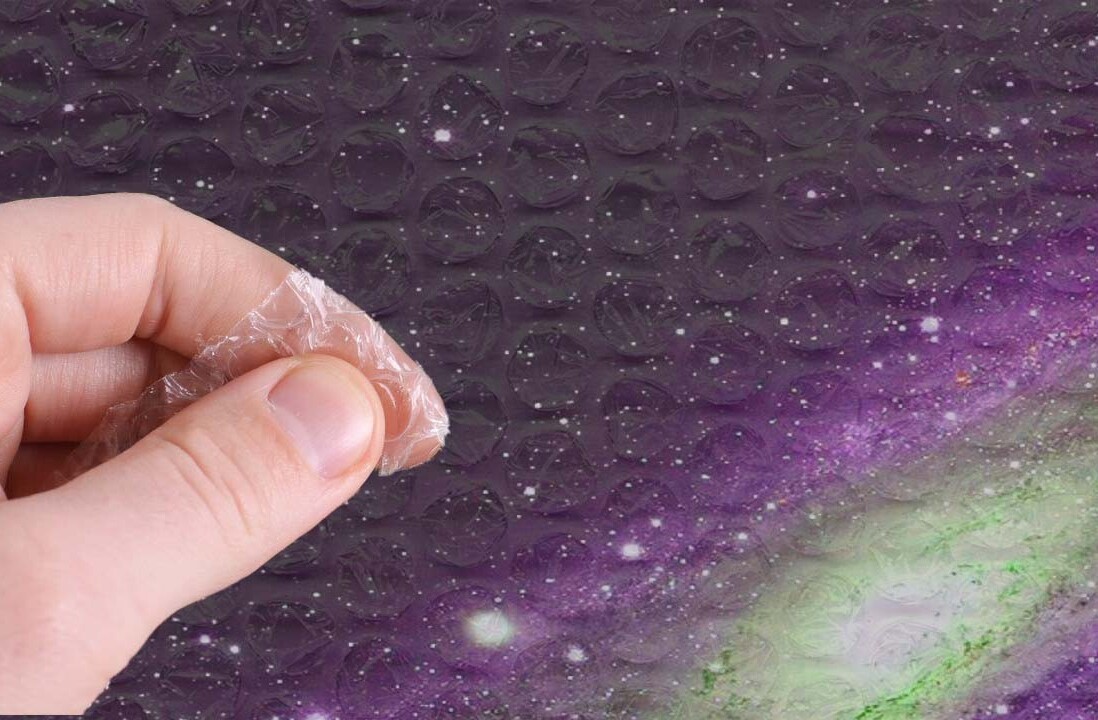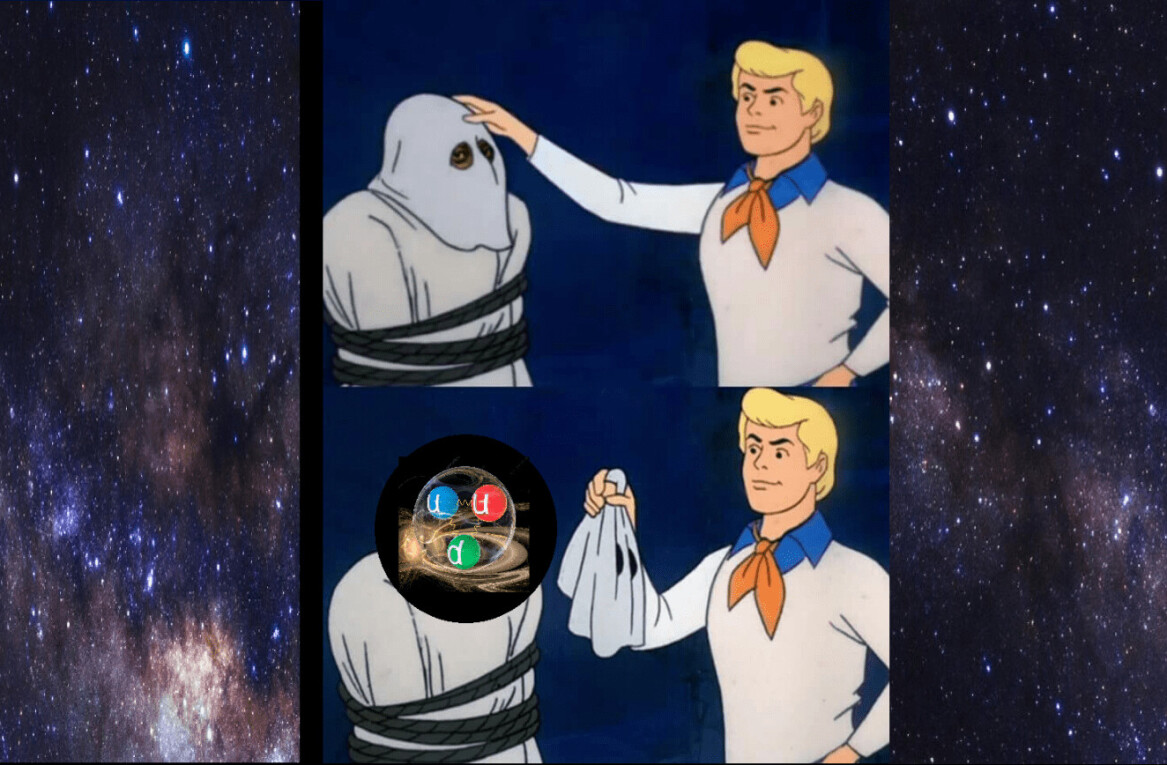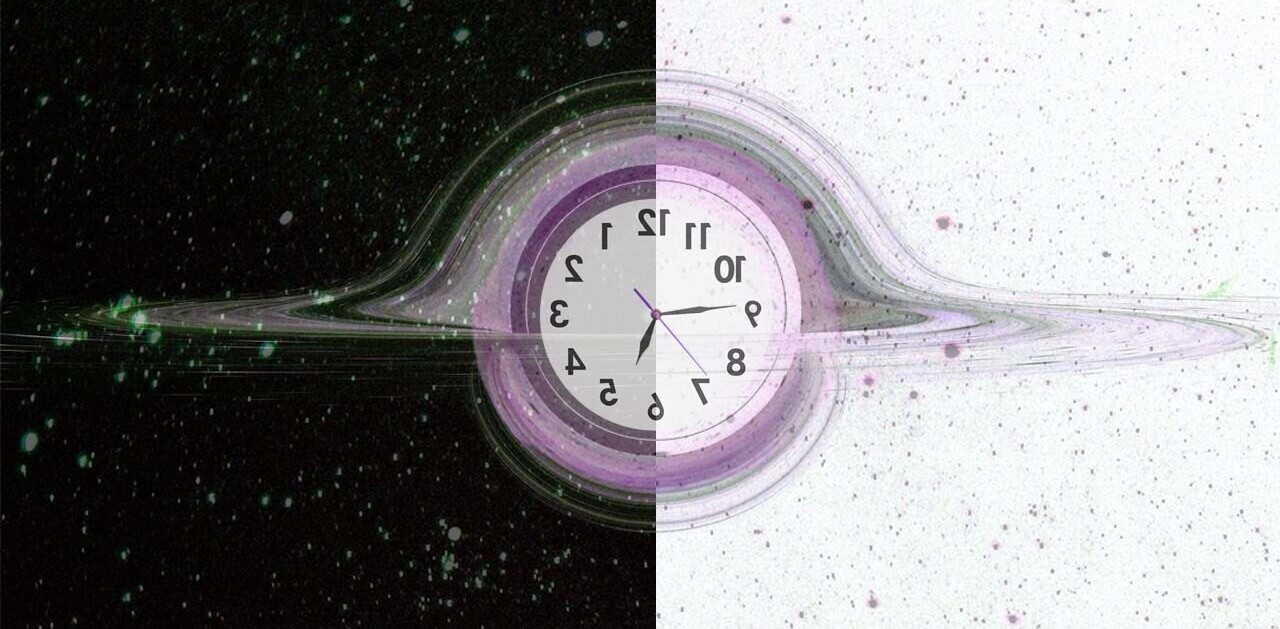
You know how sometimes you find yourself facing off against an enemy spaceship in a Wild West-inspired laser duel where whoever fires first wins?
What if I told you that a group of researchers (a murder of physicists?) came up with a way for you to manipulate the very fabric of time and space so that, no matter who fires first, you both die? That’s probably not the best pitch you’ve heard for developing quantum computers. But it’s an interesting one.
The researchers, led by scientists at the University of Queensland, have discovered “a new kind of quantum time order.” It’s like time travel, but for the universe instead of you. The research focuses on a thought experiment where an object large enough to affect local gravity gets placed in a state of quantum superposition at the moment a series of events unfold.
University of Queensland physicist Magdalena Zych explained it to Science Daily:
Imagine two space ships, asked to fire at each other at a specified time while dodging the other’s attack.
If either fires too early, it will destroy the other.
In Einstein’s theory, a powerful enemy could use the principles of general relativity by placing a massive object — like a planet — closer to one ship to slow the passing of time. Because of the time lag, the ship furthest away from the massive object will fire earlier, destroying the other.
Einstein’s theories on relativity are only half the ingredients to the thought experiment though. The rest comes from another theory: quantum mechanics. According to quantum mechanics, the prevailing theory on how our universe works, any object should be able to be placed into a state of superposition – even an entire planet.
Superposition is a quantum concept where a particle, or system – in this case a planet – is in two distinctly different physical states at the same time. This was best explained through Schodinger’s Cat, another thought experiment. Think of a particle in superposition like a spinning coin: it’s both heads and tails until it lands.
If the planet next to one of the spaceships was placed into a state of superposition, the researchers claim, these quantum affects would logically extend to time as well. Zych’s explanation continues:
There would be a new way for the order of events to unfold, with neither of the events being first or second — but in a genuine quantum state of being both first and second.
In essence, no matter who fired first, the quantum state of the planet would have a greater influence over how the events unfolded – my guess is both spaceships blow up and then the lasers go off a few seconds later like sad space confetti.
This all sounds impossible but as any Douglas Adams fan knows, time travel is merely improbable. And we can work with that. According to Zych, this trippy thought experiment (and the math that backs it up) has the potential to directly inform the development of tomorrow’s quantum computers. She told Science Daily:
We are currently working towards quantum computers that — very simply speaking — could effectively jump through time to perform their operations much more efficiently than devices operating in fixed sequence in time, as we know it in our ‘normal’ world.
Classical computers have to do things in order. If, then, goto; that’s how they work. Quantum computers can, theoretically, just “goto” the answer. It’s a bit more complex than that, but essentially physicists are writing the rules of the universe in real time in 2019, and will continue to do so for the imaginable future.
You can read the entire research paper here.
Get the TNW newsletter
Get the most important tech news in your inbox each week.




